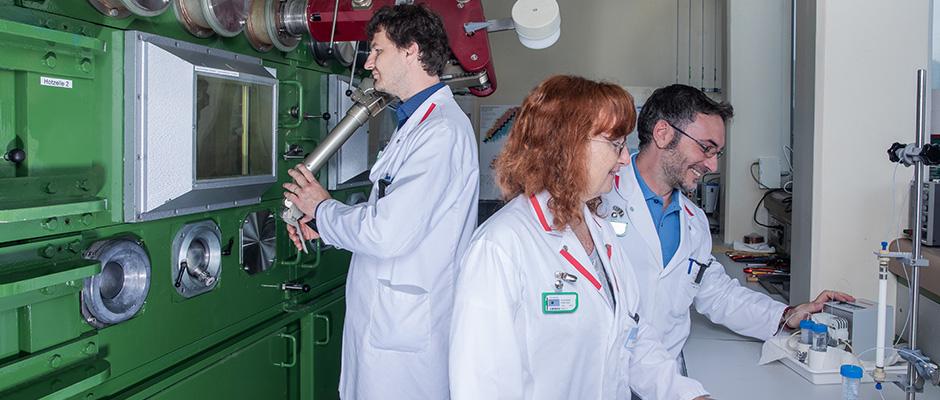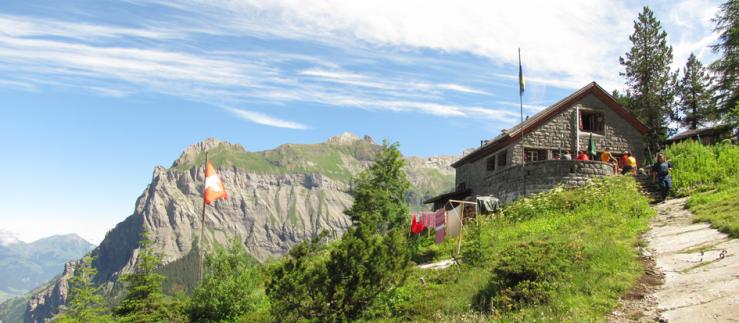Beryllium-7 is a short-lived isotope that becomes lithium-7 following its radioactive decay, PSI explained in a press release. Virtually all of the present-day lithium-7 in the universe comes from the decayed beryllium-7, which in turn was formed shortly after the Big Bang. However, the Big Bang theory predicts a three to four times greater amount of lithium-7 in the universe than actual measurements show.
To solve this so-called cosmological lithium problem, CERN decided to investigate the decay process of beryllium-7. The required probe of beryllium-7 was produced by PSI in an elaborate process. As this isotope does not occur naturally, it was extracted by means of special filter system from the cooling water of the Swiss Spallation Neutron Source SINQ, which is operated at PSI. The materials gathered in this way had to be chemically separated. “This requires special expertise – which luckily we have in my research group,” explained PSI researcher Dorothea Schumann, head of the Isotope and Target Chemistry research group, in the press release. The beryllium-7 probe weighing only a few millionths of a gram was then delivered to CERN in Geneva in custom-made radiation-proof containers that weigh 800 kilograms.
Unfortunately, these latest measurements of the decay process have not come up with a solution. However, “it now appears more likely that the cause of this cosmological lithium problem lies in the theoretical description of the origin of the universe”.







